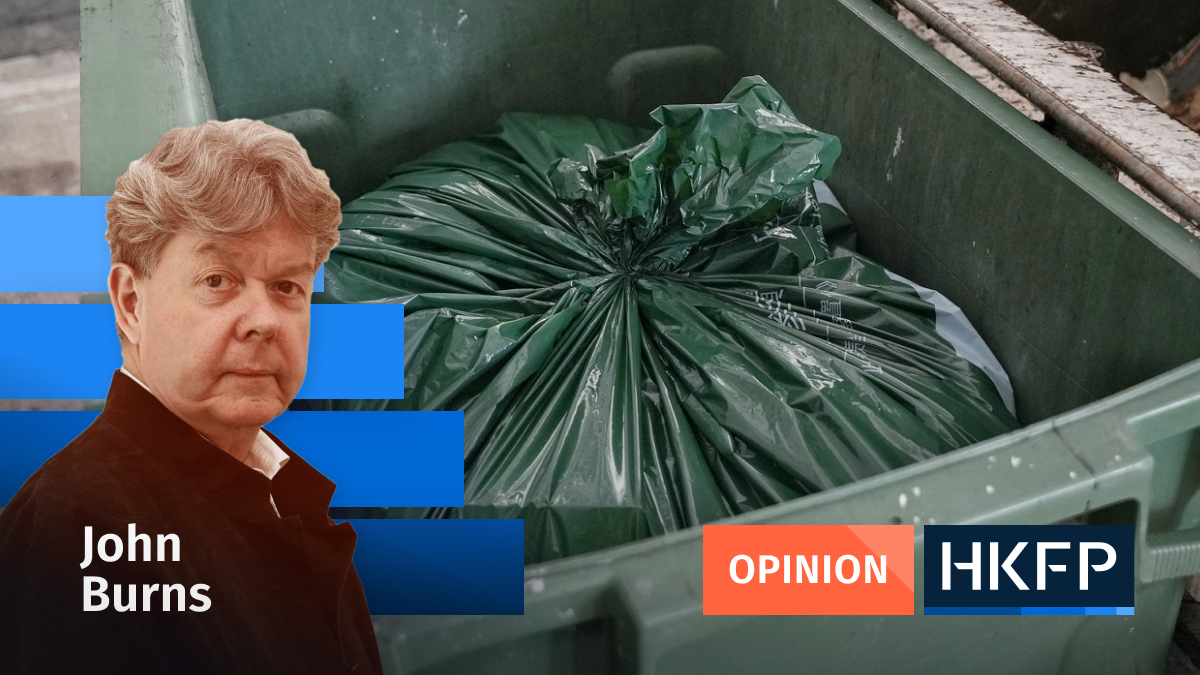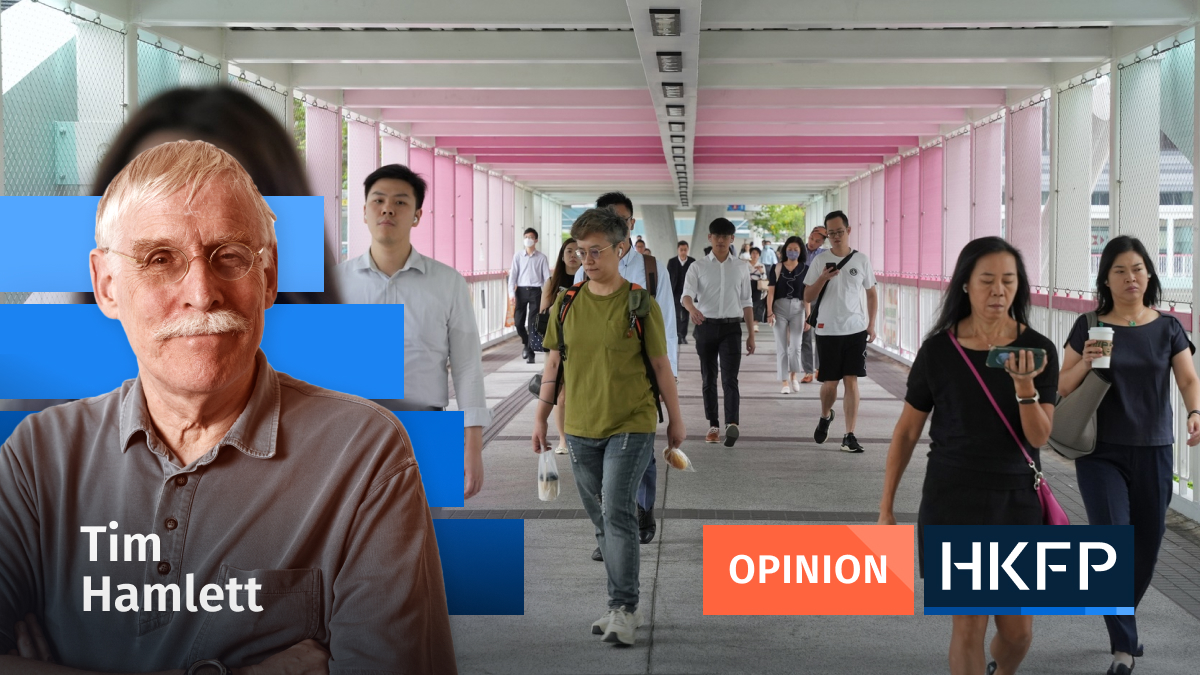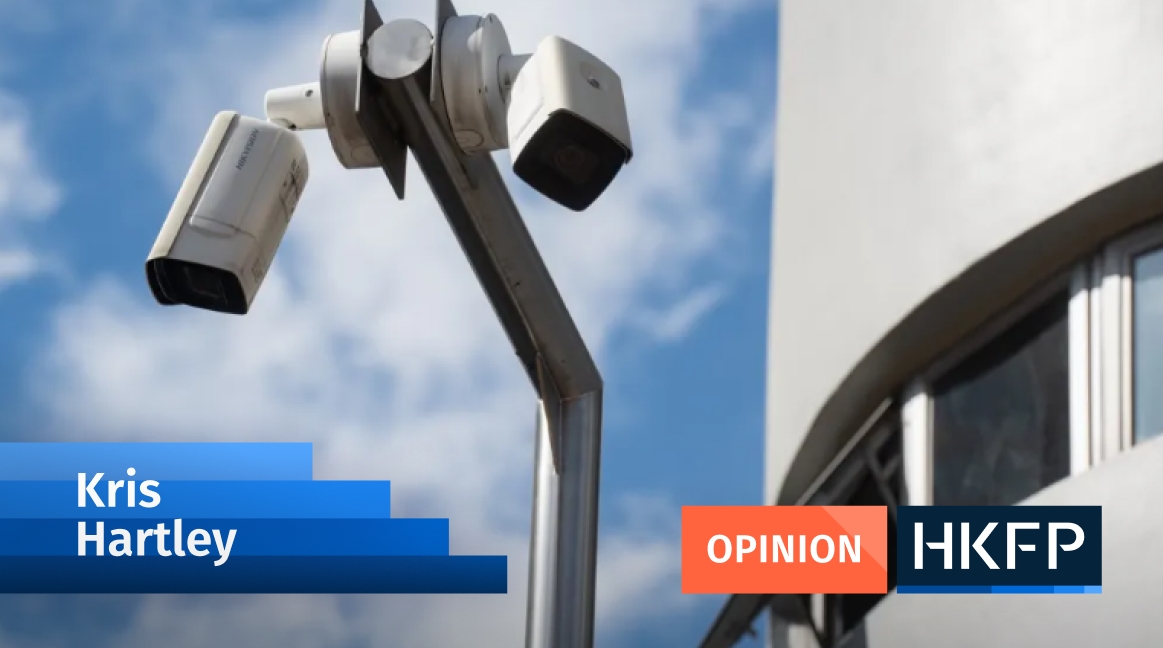By Omer Kanat, executive director of the Uyghur Human Rights Project
On December 10th the world will observe the anniversary of the Universal Declaration of Human Rights. 72 years ago, in 1948, the principles of the Declaration were laid out as the world sought to recover from the atrocities perpetrated during the Second World War. Its adoption marked the recognition that upholding the dignity and worth of every person was a fundamental part of a lasting recovery and creation of a better world.
The theme of this year’s observation of Human Rights Day is “Recover Better.” In the wake of the coronavirus pandemic, the UN states that ensuring human rights are central to recovery efforts is only possible “if we are able to create equal opportunities for all, address the failures exposed and exploited by Covid-19, and apply human rights standards to tackle entrenched, systematic, and intergenerational inequalities, exclusion and discrimination.”

Amid the ongoing brutal repression in East Turkistan, the UN’s assertions about the need to end discrimination, address inequality, promote civic participation and sustainable development ring hollow as China’s violations of Uyghur human right have gone largely unaddressed at the international organization.
The COVID crisis has consumed the world’s attention, adding an additional challenge to organizing an international pushback against atrocity crimes in the Uyghur region. It has not brought any relief to the suffering of the Uyghur people. As information became even more difficult to obtain from the region, Uyghurs feared for the safety of their families and the possibility that the disease might spread unchecked through the camps. As China profited from the crisis by surging its exports of medical supplies, the transfer of Uyghur laborers surged along with it. These coercive labor transfers created the possibility of forced labor tainting the PPE supply chain.
All this took place against a backdrop of mass detentions, cultural destruction, and the institution of a totalitarian police state implementing policies which meet the definition of genocide. Can the state carrying out these actions be a partner in ensuring human rights are at the center of recovery efforts? The PRC is unlikely to use its influence at the UN to center human rights in recovery efforts; it cannot be a trusted partner as it fails to comply with UN procedures, ignoring requests from UN working group experts and undermining UN Special Rapporteurs.
The United Nations has failed to live up to the promise enshrined in the Universal Declaration of Human Rights. Instead, it has become a platform for authoritarian states to mute criticism of policies which result in massive human rights abuses. The PRC has led this authoritarian bloc in capturing UN institutions and using them to redefine global human rights standards.

The PRC’s efforts have implications that go far beyond the atrocities committed within its own borders. It is seeking to present its control of the spread of the virus as a result of its authoritarian system, ignoring examples of successes in democratic nations. In doing so it is attempting to lend credibility to a system which is actively carrying out a genocide in which it asserts that certain ethnic groups are infected with “ideological viruses” which must be “treated” with indefinite extrajudicial detention in re-education camps. If the PRC suffers no consequences for its actions in the Uyghur region, it will provide a powerful model of a modern form of genocide which other states may emulate. The PRC will only be able to position itself as a responsible actor and leader of a post-pandemic recovery if the world allows the normalization of a system of massive repression. If it does, then the UN’s attempt at tying the recovery to human rights will have been a dismal failure.
The Universal Declaration of Human Rights is a document which was intended to empower individuals through ensuring their human rights in the aftermath of a global war; the recovery from the global pandemic cannot be allowed to empower states to violate them. The United States must re-engage with the Human Rights Council and work with nations around the world which value human rights to ensure that the PRC does not set the terms on which they will be respected. The UN is correct when it says that centering human rights will be critical in efforts to mitigate the damage done by the pandemic. However, the fact that powerful states are actively seeking to subvert global human rights norms cannot be ignored. As the world grapples with the aftermath of the pandemic, the Uyghur human rights crisis must be addressed in order to ensure that these types of atrocity crimes do not become the new normal.
Support HKFP | Policies & Ethics | Error/typo? | Contact Us | Newsletter | Transparency & Annual Report | Apps
| HKFP is an impartial platform & does not necessarily share the views of opinion writers or advertisers. HKFP presents a diversity of views & regularly invites figures across the political spectrum to write for us. Press freedom is guaranteed under the Basic Law, security law, Bill of Rights and Chinese constitution. Opinion pieces aim to point out errors or defects in the government, law or policies, or aim to suggest ideas or alterations via legal means without an intention of hatred, discontent or hostility against the authorities or other communities. |
Help safeguard press freedom & keep HKFP free for all readers by supporting our team

More HKFP OPINION:
HKFP has an impartial stance, transparent funding, and balanced coverage guided by an Ethics Code and Corrections Policy.
Support press freedom & help us surpass 1,000 monthly Patrons: 100% independent, governed by an ethics code & not-for-profit.










